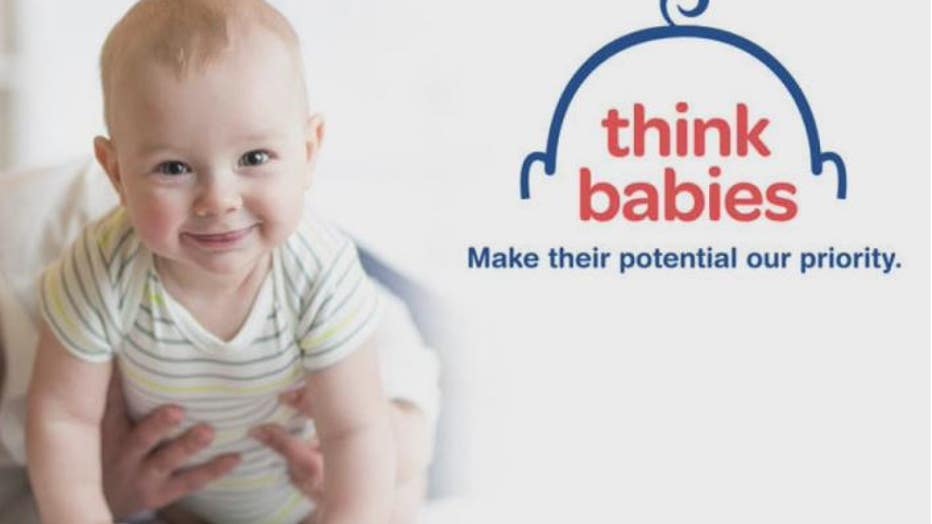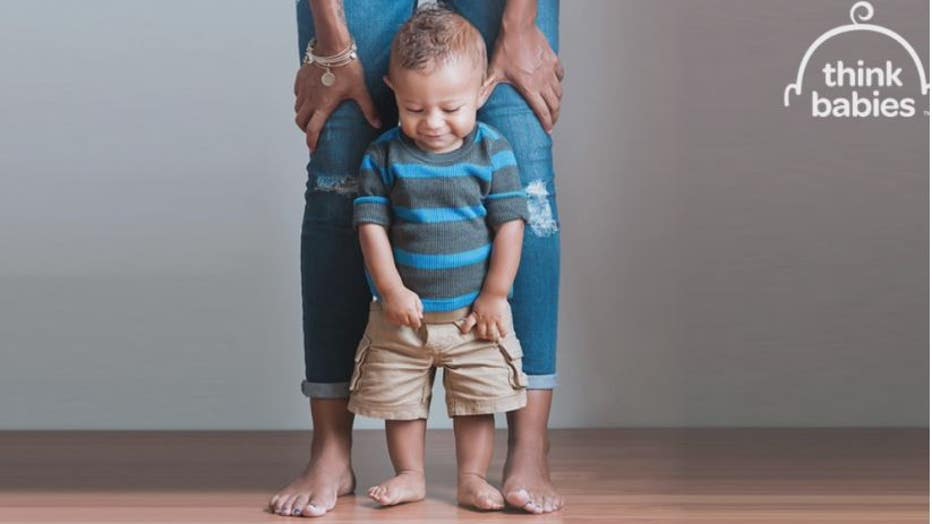Think Babies Michigan campaign directs help to children living in poverty
FOX 2 - It's called the Think Babies Michigan campaign - $1.5 million to support babies, toddlers, and their families, especially those that are low income, children living in poverty, and children of color in Michigan are facing. Those are the biggest obstacles the program wants to change.

Think Babies Michigan campaign supports children from low income families
It's called the Think Babies Michigan campaign - $1.5 million to support babies, toddlers and their families, especially those that are low income, children living in poverty and children of color in Michigan who are facing the biggest obstacles. The program wants to change that.
"Today is a big day for kids and families," said Lt. Gov. Garlin Gilchrist. "The COVID-19 pandemic has put into stark contrast the lack of access and disparate access, race, income, and zip code, that some parents have when it comes to health care and child care."
Gilchrist says the current Michigan budget already incorporates some of these priorities, for example:
Allocating $12.6 million for the Healthy Moms, Healthy Babies program and $26 million to expand access to childcare care for families by raising the income level at which families can be eligible.
"Investments like these show that children and families are valued in Michigan," Gilchrist said.
The campaign aims to increase access and enrollment in quality child care, home visiting, early intervention, and postpartum care.

"This is really an opportunity for all of us to be engaged in what can be transformational points for our infants and toddlers," said Amy Zaagman, Michigan Council for Maternal and Child Health.
Meredith Kennedy lives in northern Michigan and is a mother of six and a member of the Think Babies executive committee. She spoke of the barriers people in her area have - for example, getting online.
"Today I'm actually in my neighbor's home, who is also my sister because she has the bandwidth I need to present today," Kennedy said. "And that causes an issue if all of our programs go online and we don't have the infrastructure here in rural Michigan.
Some of the challenges in rural communities mirror issues that parents and children are facing in Detroit and Michigan's urban centers.

"The only way to address the priorities of our children and families is to honor their voices," said Denise Smith from Hope Starts Here.
This is also a call to action for policymakers to prioritize the needs of infant, toddlers, and their families - Gilchrist says the policy agenda in Michigan was created with input from around 1,000 parents and community members across the state.

